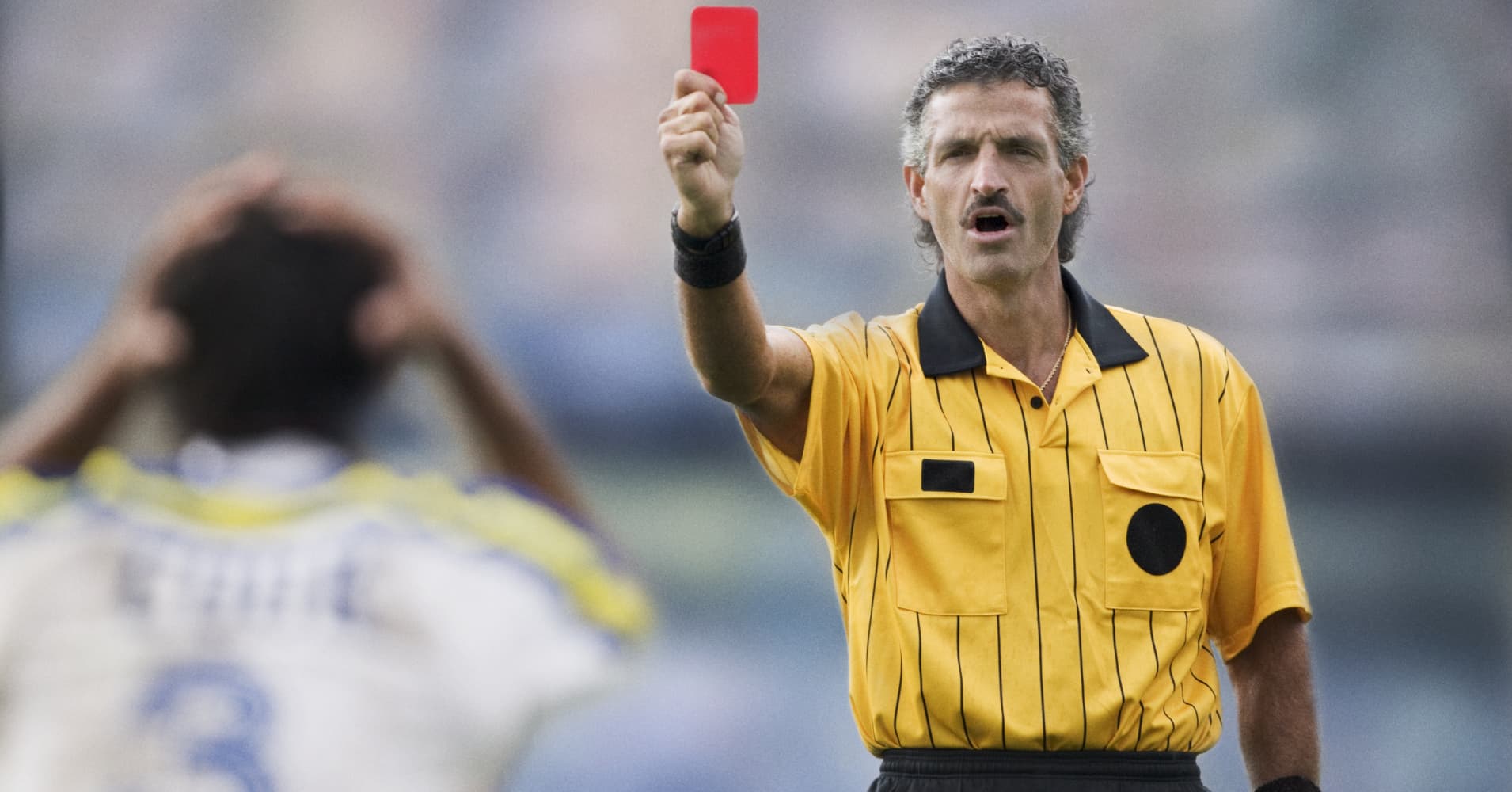Featured
- Get link
- X
- Other Apps
Last Chance: April 1 Deadline to Avoid 25% Tax Penalty for Retirees
- If you turn 73 in 2024, the due date for your initial mandatory withdrawal, known as an RMD, is April 1st.
- There might be a 25% penalty for failing to take your Required Minimum Distribution (RMD) or not withdrawing sufficient funds, however, it could be feasible to decrease this charge.
- Generally, it's advisable to make your initial Required Minimum Distribution (RMD) by December 31 of the year you reach age 73, according to experts, so as not to face two mandatory distributions within the same year.

If you became 73 years old in 2024, the due date for your initial RMD is coming up. mandatory retirement plan withdrawal is looming—and failing to meet the deadline might result in significant penalties from the IRS.
The majority of retirees are obligated to begin withdrawing their required minimum distributions by the time they reach 73 years old. These withdrawals apply to pre-tax individual retirement accounts and workplace plans like 401(k) plans. Roth accounts aren't subject to RMDs until after death.
The yearly deadline for RMDs is Dec. 31, but retirees have until April 1 the year after turning 73 for the first withdrawal only.
More from Personal Finance:
The Fed holds interest rates steady. What that means for your money
What could happen to student loans without the Education Department
There is a 'risk period' for retirees when the stock market declines.
You might encounter a 25% penalty
Generally, you calculate RMDs for each account by dividing the prior Dec. 31 balance by a " life expectancy factor According to the IRS, some firms compute Required Minimum Distributions (RMDs) for you; however, you remain accountable for ensuring the appropriate amount is withdrawn.
There's a 25% penalty for skipping the RMD or not withdrawing enough, said certified financial planner Scott Bishop, partner and managing director of Presidio Wealth Partners, based in Houston.
However, the IRS might lower the penalty to 10% if you rectify the error, make the appropriate withdrawal within two years, and submit your filing. Form 5329 .
If you miss [the RMD], admit it," Bishop stated. "Ensure you handle it promptly.
The IRS might completely eliminate the penalty if you demonstrate that the shortage resulted from a "reasonable mistake" and that you are making "appropriate efforts" to correct it, as stated by the agency.
Why you should consider taking your initial RMD at an earlier time
Although retirees can delay taking their first Required Minimum Distribution (RMD) until April 1st following the year they turn 73, numerous financial planners recommend withdrawing these funds by December 31st of the preceding year instead.
"Almost invariably, I recommend taking it in the first year," stated George Gagliardi, a CFP and founder of Coromandel Wealth Management based in Lexington, Massachusetts.
If you delay taking your initial Required Minimum Distribution (RMD) until April 1, you'll still be required to withdraw the subsequent distribution by December 31 of that same year. Withdrawals from pre-tax accounts will result in ordinary income tax liabilities; thus, this means facing double taxation within that fiscal year, as noted by Gagliardi.
Increasing your adjusted gross income may lead to several tax implications, such as elevated Medicare Part B and D premiums.
Nonetheless, there are certain situations where it might be prudent to postpone your initial RMD until April 1, according to Gagliardi.
For instance, the year when you reach 73 might have a higher income because of capital gains or some other one-time event, he explained.
- Get link
- X
- Other Apps
Popular Posts
Unmasking Misinformation: Journalist’s Quest for Verified Truth (International Edition)
- Get link
- X
- Other Apps
PTA Clarifies: X Disruption (Formerly Twitter) Unrelated to Local Internet Filtering – International Edition
- Get link
- X
- Other Apps
Comments
Post a Comment